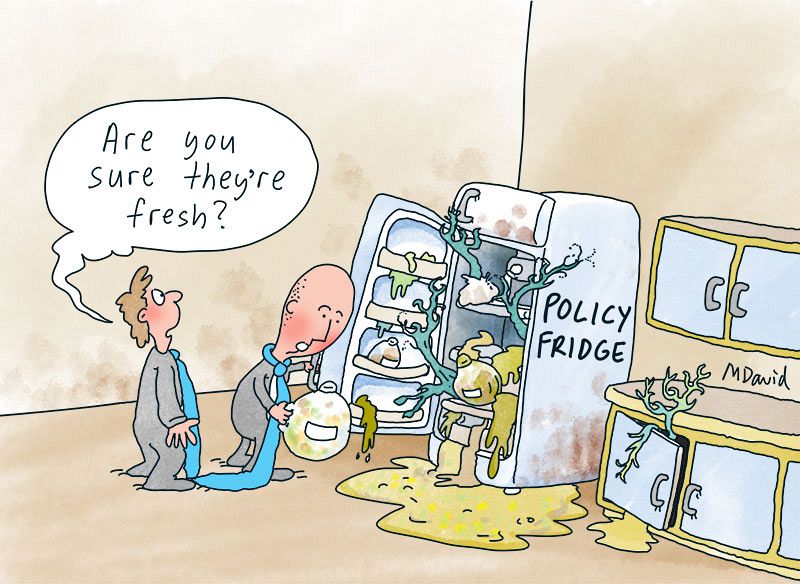Where to now for the Liberal and National parties? Perhaps the Coalition needs a name change that more accurately reflects its electoral base, writes Ben Laycock.
THE RECENT Queensland State Election has further increased the country/city divide.
It looks like the Labor Party could end up without a single seat outside Brisbane. Quite extraordinary for a party formed under a gum tree in Barcaldine — Labor has governed Queensland for 30 of the 35 years since Wayne Goss became premier in 1989.
While the lack of support for the LNP in the city has not hindered it from winning government this year, this is unlikely to be repeated in other states. Queensland has more regional and rural voters than other states and most of them are a long way from their capital city, tucked away in the very southeast corner.
Meanwhile, further south in the A.C.T., the Labor Party has continued its domination of our national capital. By the next election, it will have been in power for 27 years, making it the 4th longest-serving government in Australia’s history. (Labor in Tasmania from 1934 –1968, being the longest continual-serving government.)
There's a good chance of breaking that record in a few years — Labor has been in a very stable coalition with the Greens for the last four years. That amicable arrangement should continue for at least another four.
The A.C.T. is far and away the most educated place in the country. Presumably, Canberra residents, with their ears to the ground, have a good understanding of the machinations of power — do they know something about the LNP that eludes the rest of us?
All around the country, Australians are gradually becoming more educated and more aware of what is going on around them, some more than others. When we look at the permanent marginalisation of conservatives in the A.C.T., are we looking at a picture of the whole country some time down the track?
A name change often helps in these times of existential crisis, it can give you a truer sense of identity. I have taken a squizz at the results of the last Federal Election in 2022. I discovered – shock, horror – that the LNP is actually a regional and rural-based party, with very few members representing city electorates.
Most of our major cities have no LNP members at all!
Of a total of 58 LNP members in the House of Representatives, only 15 represent urban electorates in the major cities.

Forty-three LNP members represent rural and regional electorates.
Seventeen of them are in Queensland.
So if the LNP wants a name that more accurately reflects its electoral base, it should really call itself the "Queensland Country Party".
Ben Laycock lives in the bush in a small hamlet called Barkers Creek. He writes about almost everything, with a focus on climate change.
Related Articles
 This work is licensed under a Creative Commons Attribution-NonCommercial-NoDerivs 3.0 Australia License
This work is licensed under a Creative Commons Attribution-NonCommercial-NoDerivs 3.0 Australia License
Support independent journalism Subscribe to IA.














